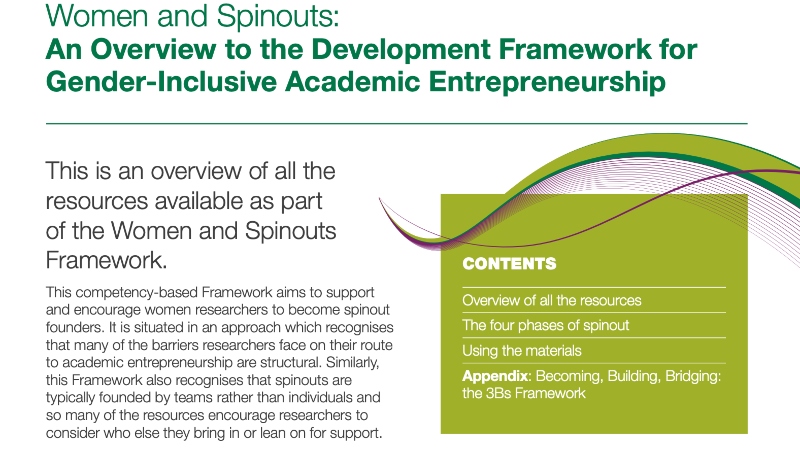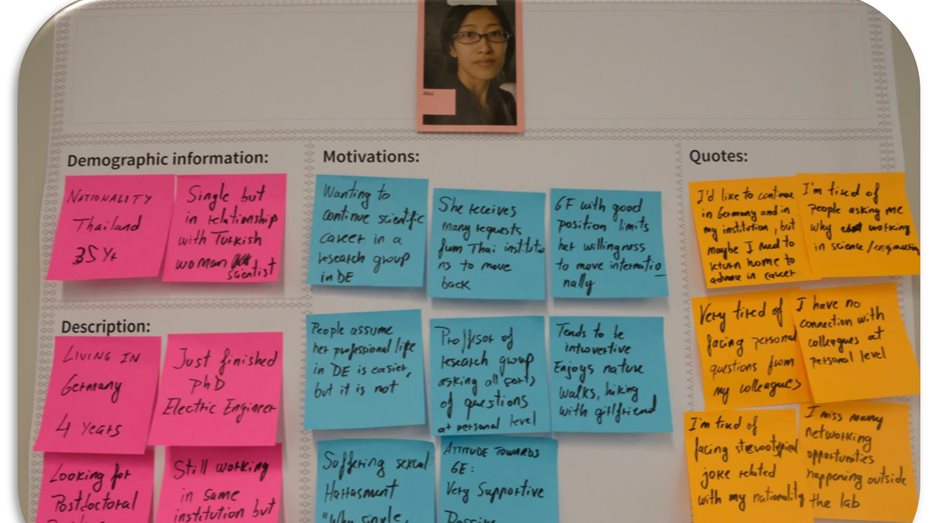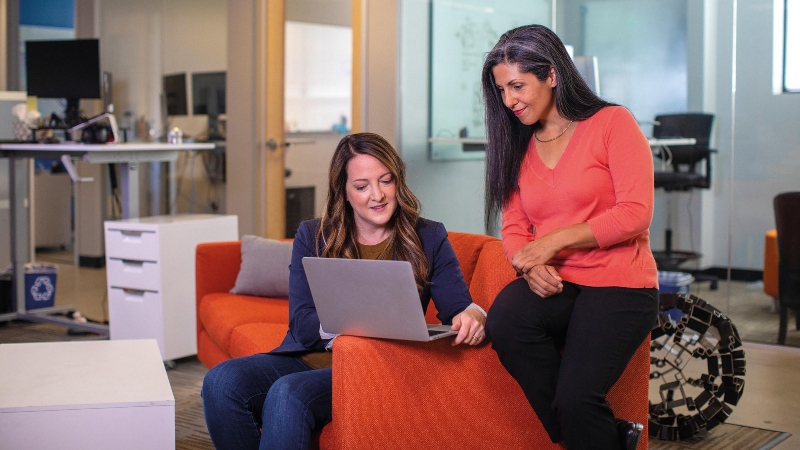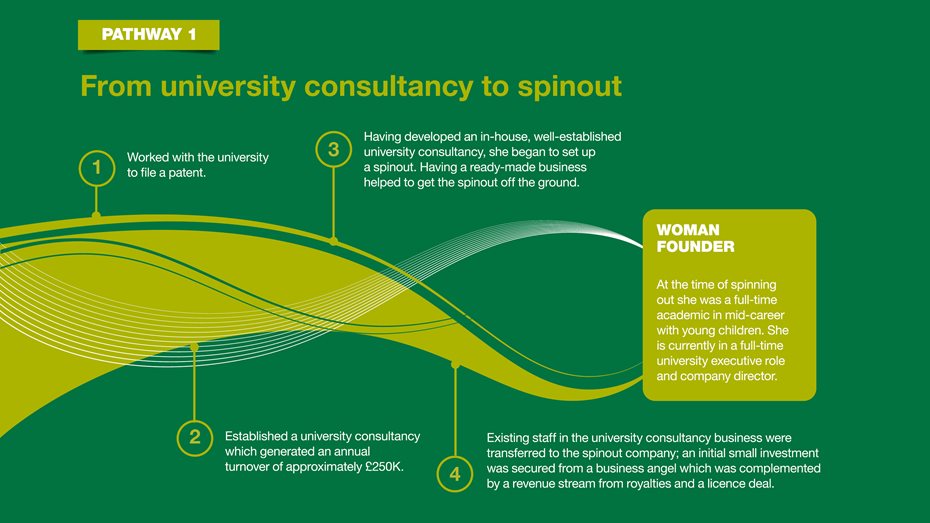This is a collection of tools informed by our project research findings and designed to support institutions and women researchers to develop inclusive academic entrepreneurship. They are free to use and to download but please acknowledge this project as a source. If you use them we are interested to hear about your feedback.






